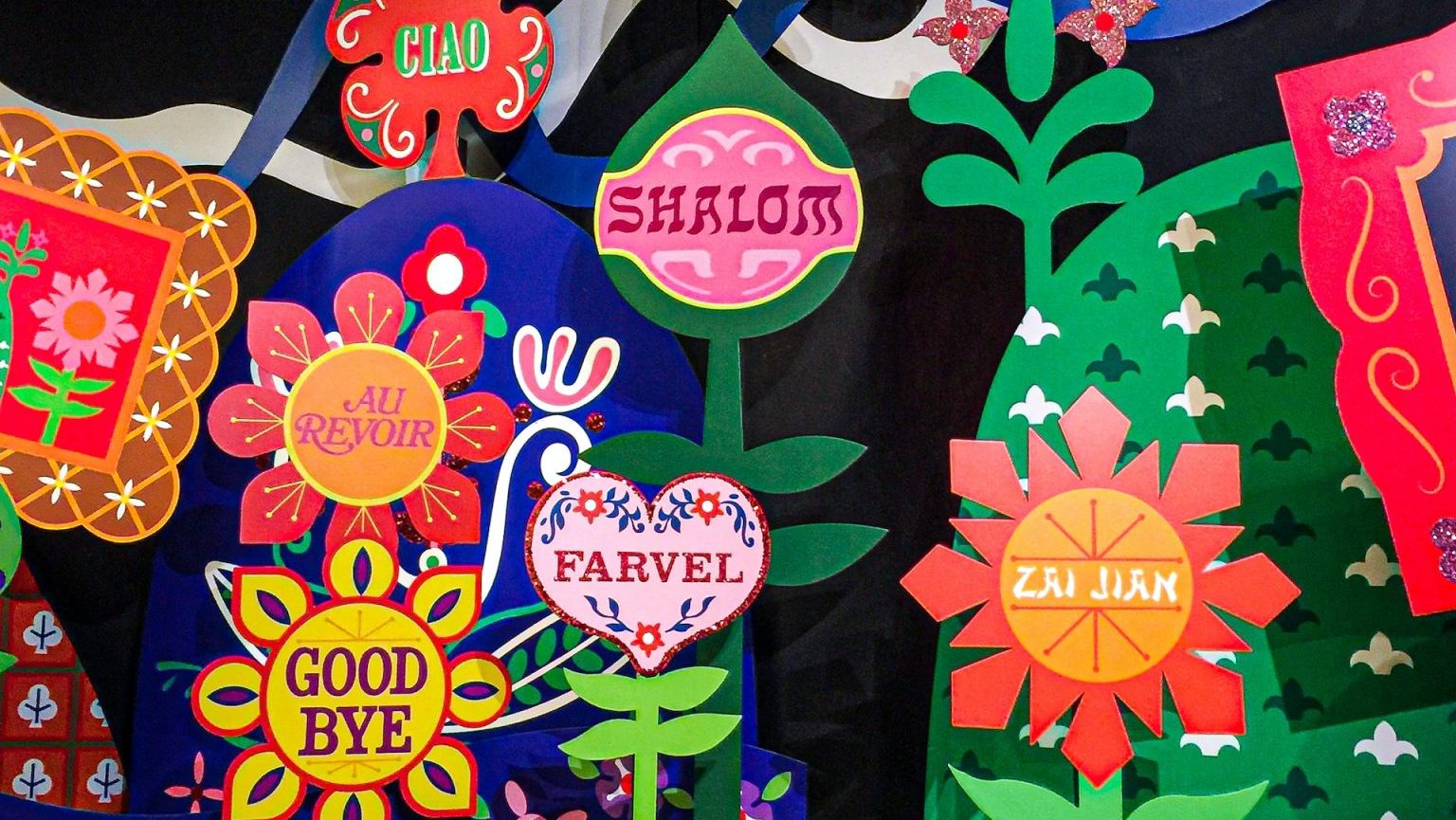Just as the birth of Goethe’s aesthetic is steeped in his encounter with Rome, Martin Scorsese experienced Italy through the tourist’s gaze, which informed his art. That is why watching his film “My Voyage to Italy” is a lot like spending a junior year abroad, or better yet, like going to film school.
Joseph Luzzi: Martin Scorsese did a film, a documentary—I don’t know how widely distributed it is. It’s called My Voyage to Italy. The film is a reference, I believe, to one of the greatest films ever made in the Italian tradition, Voyage to Italy by Roberto Rossellini. Rossellini’s film Voyage to Italy is about a couple that is really teetering. Their marriage is on the brink of a divorce. Ingrid Bergman and George Sanders travel by car from London to Naples to claim an inheritance left them by their Uncle Homer, and it becomes this kind of eerie cultural descent for this couple into a world that is alien to them and yet at the same time reveals the gaping holes in their emotional connection. To me it always represents the ultimate confrontation between Italy and the tourist gaze. Italy has been part of the grand tour for centuries—in the 18th century, in the 19th century, upper class, noble, people from Europe would traveI—I joke with my students; I say it was their junior year abroad—they would go to Italy and spend months, sometimes years, seeing art firsthand, learning the language, seeing these things that they had spent their youth studying up close and personal and oftentimes experimenting with their identities—you know, a way to leave their home countries and grow emotionally before going back to real life.
Goethe, for example, the great German writer, spent a couple years in Italy, and he said it was his rebirth. He says when he arrived in Rome it was really like, you know, the day he was born again. The birth of his aesthetic, his neoclassical aesthetic, is steeped in this encounter with Rome. I think Martin Scorsese is a similar figure. This film My Voyage to Italy is an extraordinary documentary by Scorsese of his take on Italian film history, and he takes you through Fellini, Antonioni, Visconti, Rossellini, and he gives a really impressive sense of the arc of Italian film and how these—not only does he interpret them, he plays key scenes in them, and you get the feeling that he could not have become a filmmaker without the experience of Italian film.
Neo-realism is not just something to be celebrated, but it’s also a kind of burden for some of these young directors because they feel they can’t go past their masters. As Fellini once said, just because you see a shack and some poor people and film them doesn’t mean it’s neo-realism, but that movement had such a kind of pull on film history, not just in Italy, but throughout the world, and that Scorsese documentary is really a testament to someone who is not—it’s also as an Italian American he feels a special connection to it—but how a film tradition that’s not in the country he has lived most of his life in could still kind of be his . . . like a film school to him.
Directed / Produced by
Jonathan Fowler & Elizabeth Rodd





